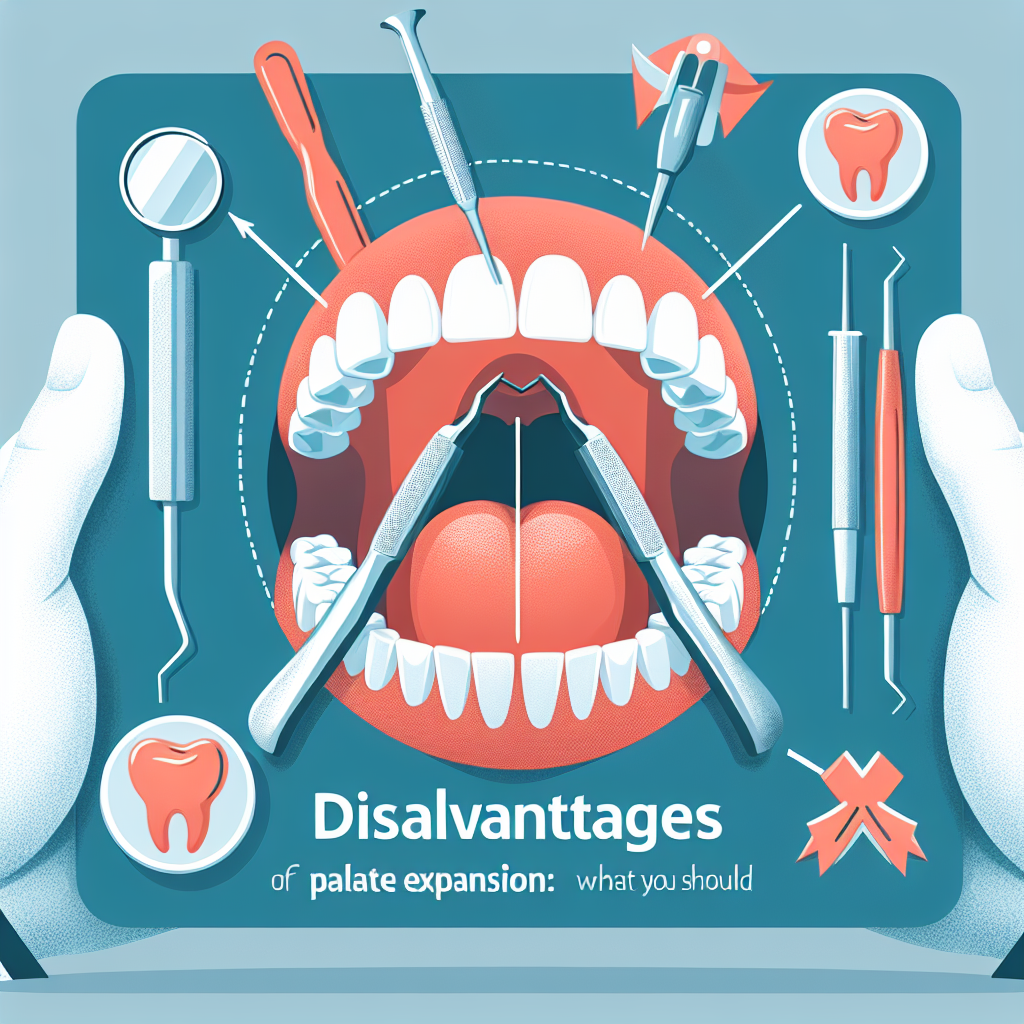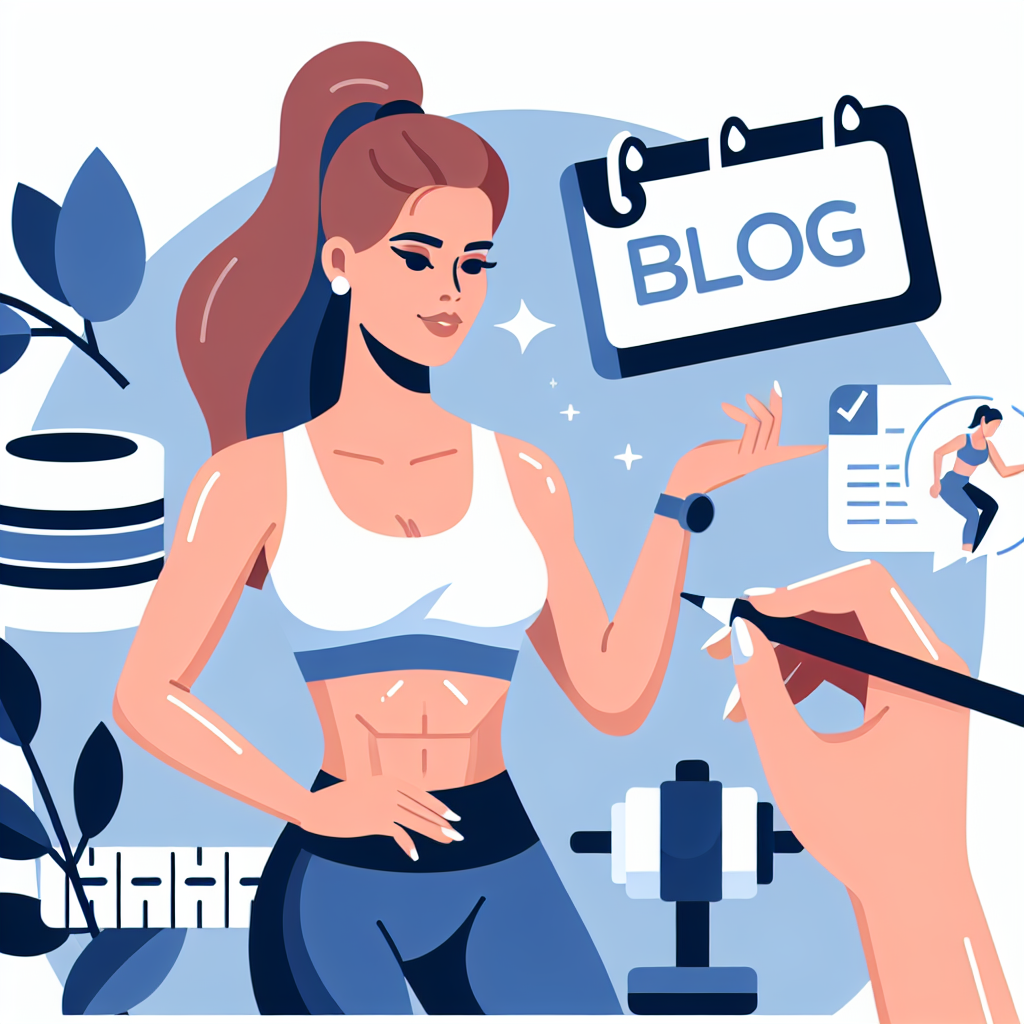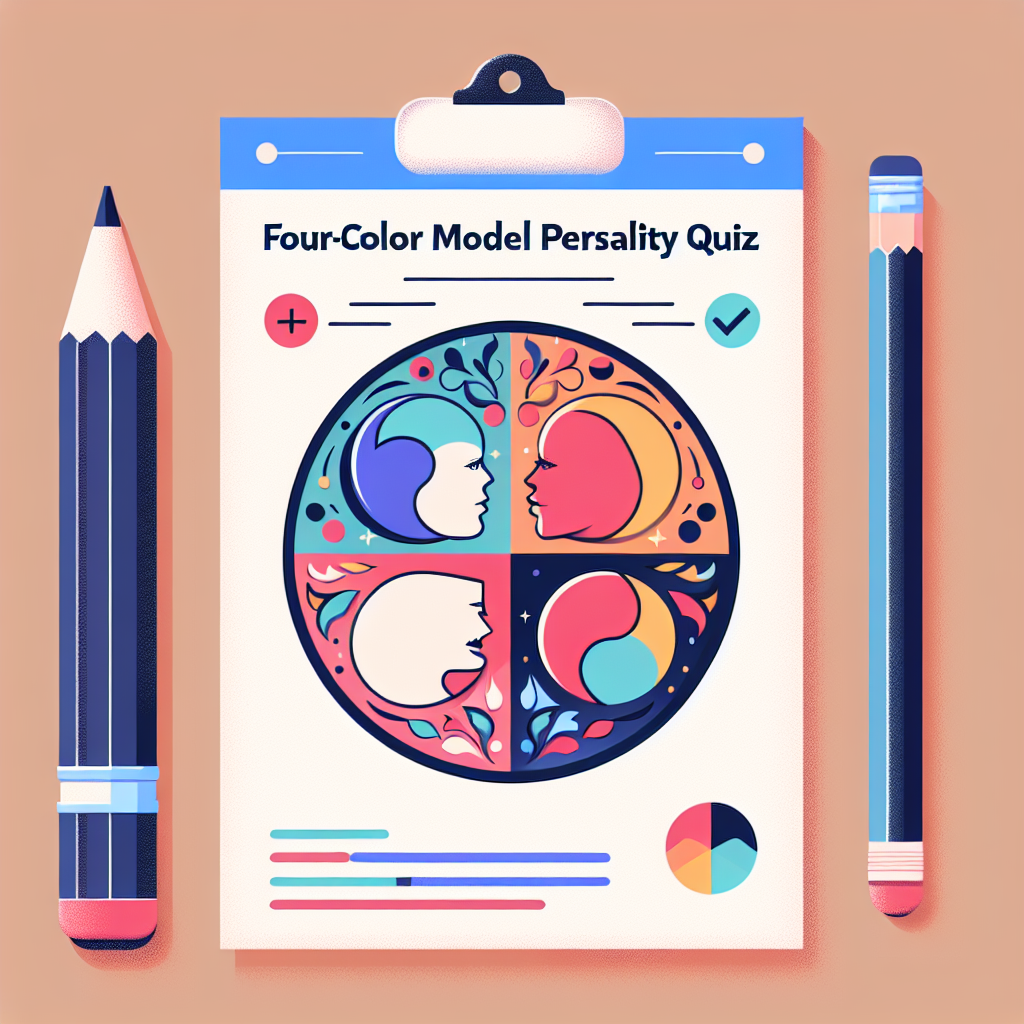Why Low Blood Pressure Causes Fatigue
Low blood pressure can lead to unexpected tiredness. This article explores the connection between low blood pressure and fatigue, answering the question: 'niedriger blutdruck warum müde?'

Understanding Low Blood Pressure (Hypotension)
Low blood pressure, known medically as hypotension, is often defined as having a blood pressure reading of less than 90/60 mmHg. While some people live with low blood pressure without any symptoms, others may experience a range of effects including fatigue, dizziness, and fainting. Understanding why low blood pressure can lead to feelings of tiredness is essential for managing symptoms effectively.
Link Between Low Blood Pressure and Fatigue
When blood pressure drops too low, the body doesn’t get enough blood – and by extension, oxygen and nutrients – to function properly. This lack of adequate blood flow can impair organ function and lead to a variety of symptoms, one of which is fatigue. Here are some key reasons why low blood pressure may cause you to feel tired:
- Inadequate Blood Flow: Low blood pressure can reduce blood flow to the brain and other vital organs, leading to feelings of lethargy and sleepiness.
- Reduced Oxygen Supply: Insufficient blood circulation means that less oxygen is delivered to tissues and muscles, which can make physical activity feel more exhausting.
- Hormonal Changes: The body may release hormones in response to low blood pressure in an effort to raise it, which can cause fluctuations in energy levels and mood.
Symptoms Associated with Low Blood Pressure
Along with fatigue, individuals with low blood pressure may experience a range of symptoms. Recognizing these can help determine if low blood pressure is affecting your energy levels:
- Dizziness or lightheadedness, especially when standing up quickly
- Fainting or near-fainting episodes
- Nausea
- Blurred vision
- General weakness
Why Does Low Blood Pressure Occur?
Understanding the causes of low blood pressure can help manage its effects on fatigue. Here are several common causes:
- Dehydration: Insufficient fluid intake can lead to low blood volume, which can decrease blood pressure.
- Heart Problems: Conditions that affect the heart’s ability to pump blood, such as heart failure, can result in hypotension.
- Endocrine Disorders: Issues with the adrenal glands, such as Addison’s disease, can cause low blood pressure and increased fatigue.
- Medications: Certain medications can lead to lower blood pressure as a side effect, particularly diuretics, beta-blockers, and antidepressants.
Management Strategies for Low Blood Pressure and Fatigue
When faced with low blood pressure and resultant fatigue, consider the following management strategies:
- Increase Fluid Intake: Staying hydrated is crucial for maintaining blood volume and preventing dehydration.
- Healthy Diet: Include foods rich in salt and those that can help boost blood pressure, such as cured meats, olives, and pickles.
- Gradual Position Changes: To reduce dizziness and fatigue, take your time when transitioning from sitting or lying down to standing.
- Consult a Healthcare Provider: If fatigue persists, it’s essential to seek medical advice to rule out any underlying health conditions or medication side effects.
Conclusion
If you’ve been feeling unusually tired and suspect low blood pressure may be to blame, consider the explanations outlined above. Recognizing the link between low blood pressure and fatigue, along with understanding the potential causes, can empower you to take proactive steps towards feeling more energized and healthy.
If symptoms are concerning or persistent, an evaluation by a healthcare professional is advised for tailored treatment options.
Neue Beiträge
Sportbefreiung in der Schule: Alles, was Schüler und Eltern wissen müssen
Rechtliche Grundlagen
Milchzahn ziehen: Wann ist es notwendig und wie wird es durchgeführt?
Häufige Fragen
Wie lange sollte man nach Botox-Behandlungen mit dem Sport warten?
Hautpflege
US-Sport: Ein Einblick in die Welt des amerikanischen Sports
NFL - American Football
Entschuldigung vom Sportunterricht: Rechtliche Grundlagen und Tipps für Eltern
Rechtliche Aspekte

Nachteile der Gaumennahterweiterung: Was Sie wissen sollten
Langzeitfolgen
Sport bei Herpes: So bleiben Sie aktiv trotz Ausbruch
Gesundheit
Sport trotz Eisenmangel: Kann man mit niedriger Eisenreserve noch trainieren?
Gesundheit

DAK-Gesundheit: Bankverbindung für Beitragszahlungen und Rückerstattungen
Rückerstattungen
Schritt-für-Schritt-Anleitung zur Änderung Ihrer DAK-Adresse
Tipps und Tricks
Beliebte Beiträge
Halsschmerzen nach dem Sport: Ursachen, Behandlung und Prävention
Sport und Gesundheit
Blue Sport: Dein ultimativer Guide für Sportstreams und mehr
Live-Übertragungen

Lena Kesting: Größe und Gewicht im Detail
Influencer
Prostataverkleinerung durch Sport: Übungen und Tipps für ein gesünderes Wohlbefinden
Fitness
Was ist Koolada? Alles, was du wissen musst!
E-Liquids
Schütze deinen Hodensack: Der ultimative Guide zum Hodenschutz im Sport
Sicherheit im Sport
Durchbruch bleibender Backenzähne: Symptome und Behandlung
Prävention
Der Volkswagen Tiguan Urban Sport: Ein urbaner Abenteurer mit athletischer Note
Technologie
Sport-induzierte Übelkeit: Ursachen, Symptome und Strategien zur Vorbeugung
Behandlungsmöglichkeiten
Kadenz im Sport: Bedeutung und Auswirkungen auf Leistung und Erholung
Kadenzdefinition im Sport